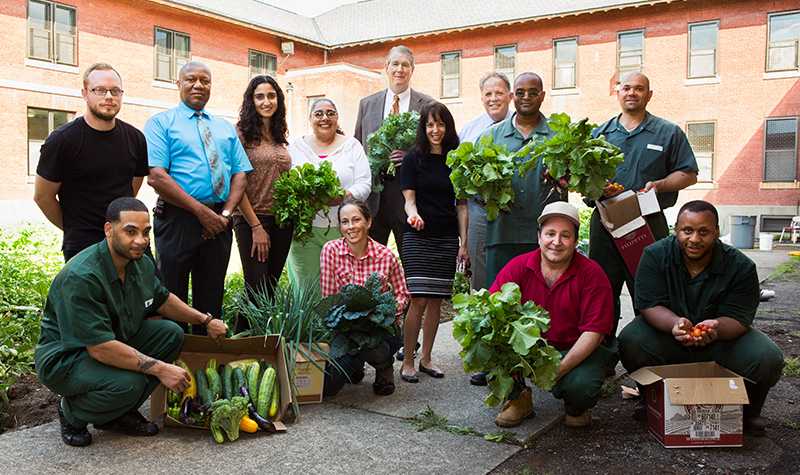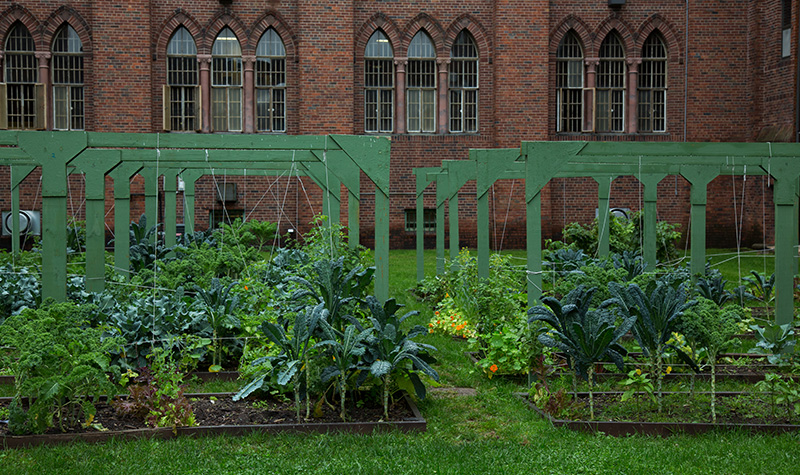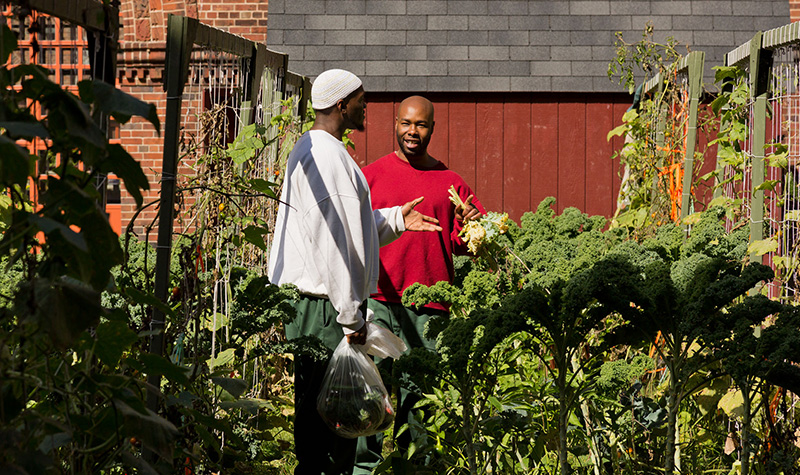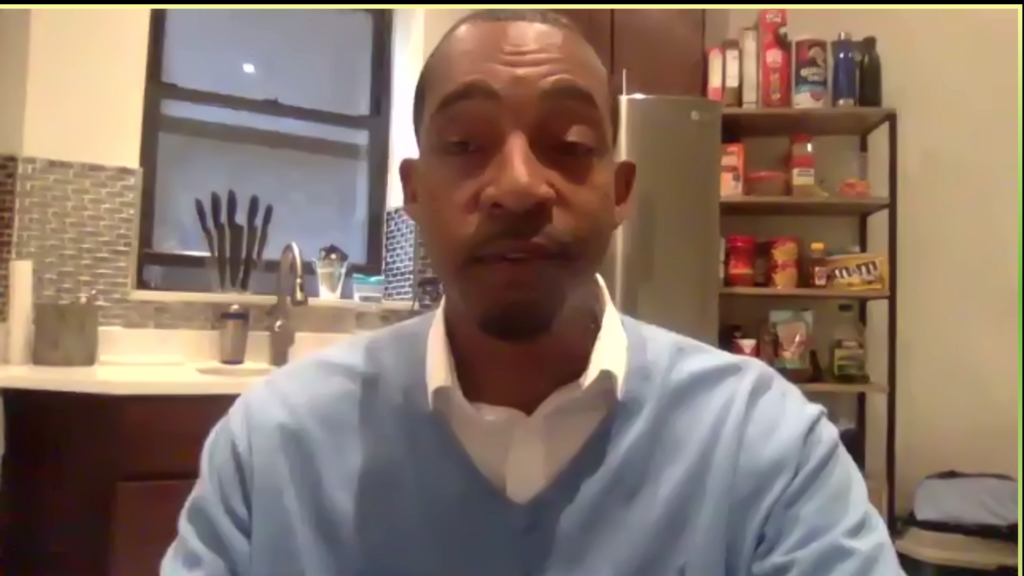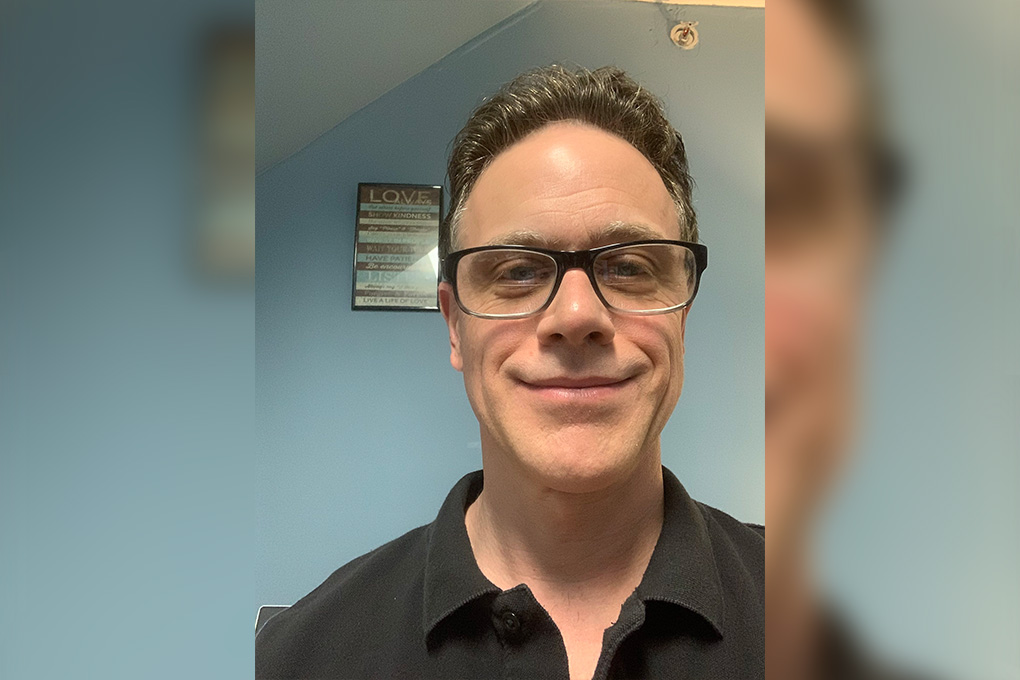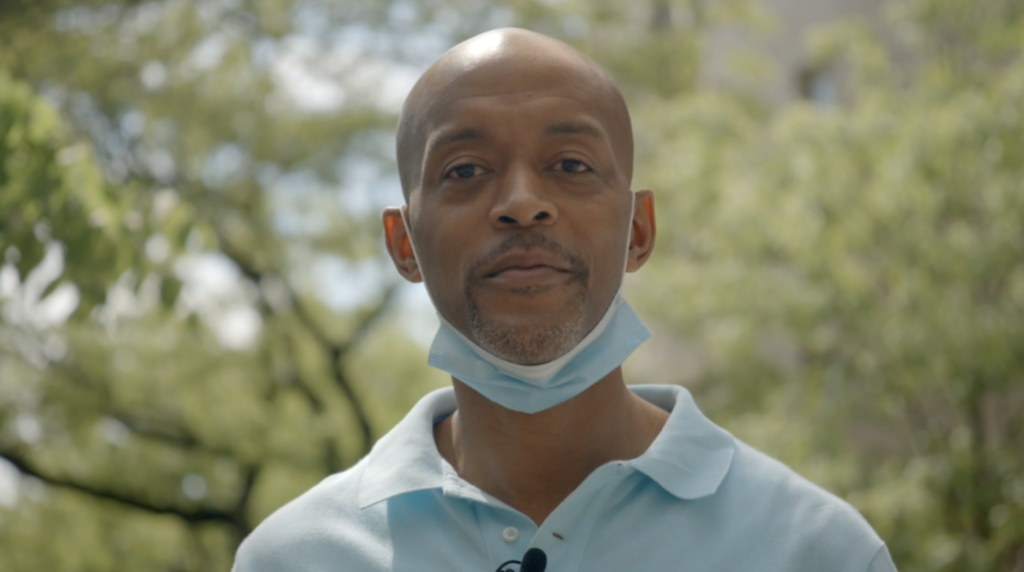From in-prison classrooms to graduate schools and careers, students and alumni are rising to meet the urgent demand for trained professionals and visionary leaders in public health.
Having people coming through BPI makes our work better. The BPI graduates that we have at DOH come and participate in innovation.
——Dr. Mary Bassett, Former Commissioner of the NYC Department of Health and Mental Hygiene
BPI’s Public Health Program prepares students and alumni — uniquely positioned through experience, education and expertise — to deliver services, innovate practices, and advocate for equitable policies in public health, health care, and the human services.
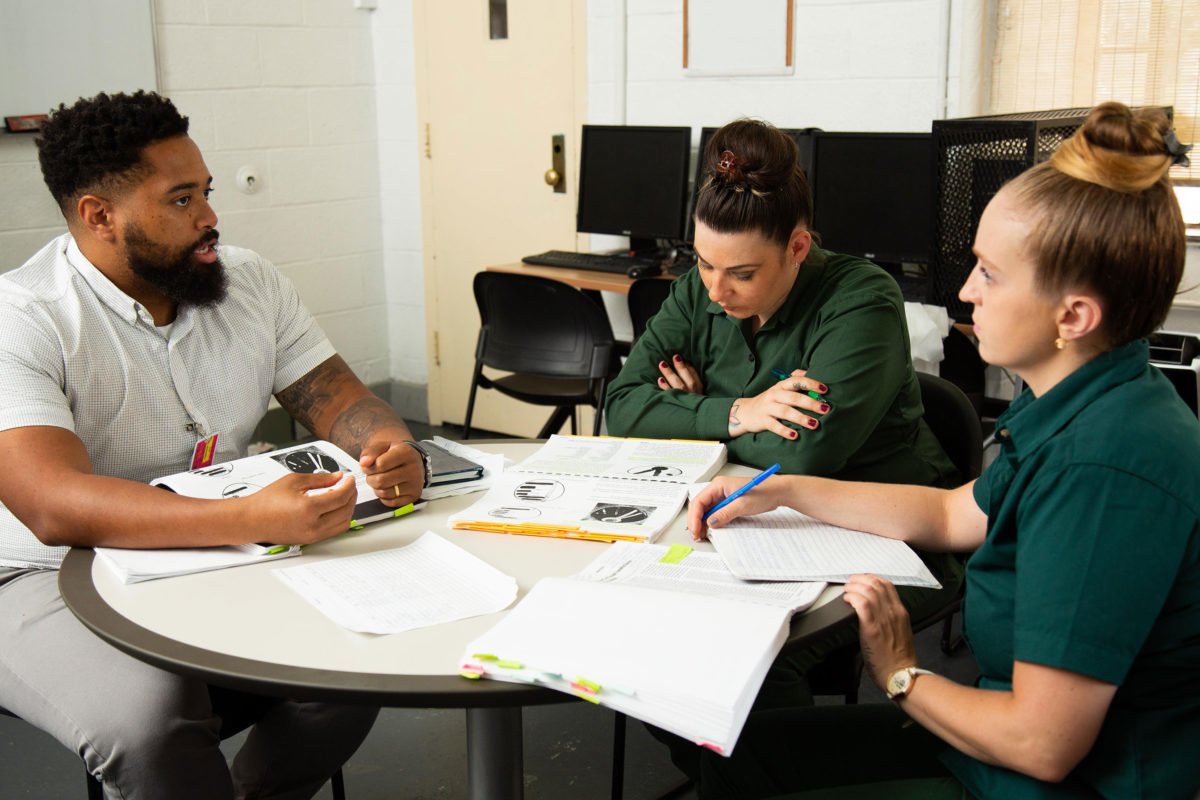
Students in class at Taconic Correctional Facility
BPI Public Health Curricular Specialization
The Public Health Curricular Specialization is designed to prepare students for careers in the rapidly changing fields of Public Health, healthcare, and human and social services. Students who complete the seven-course specialization are proficient in the core competencies of Public Health graduate programs, including research design and implementation.
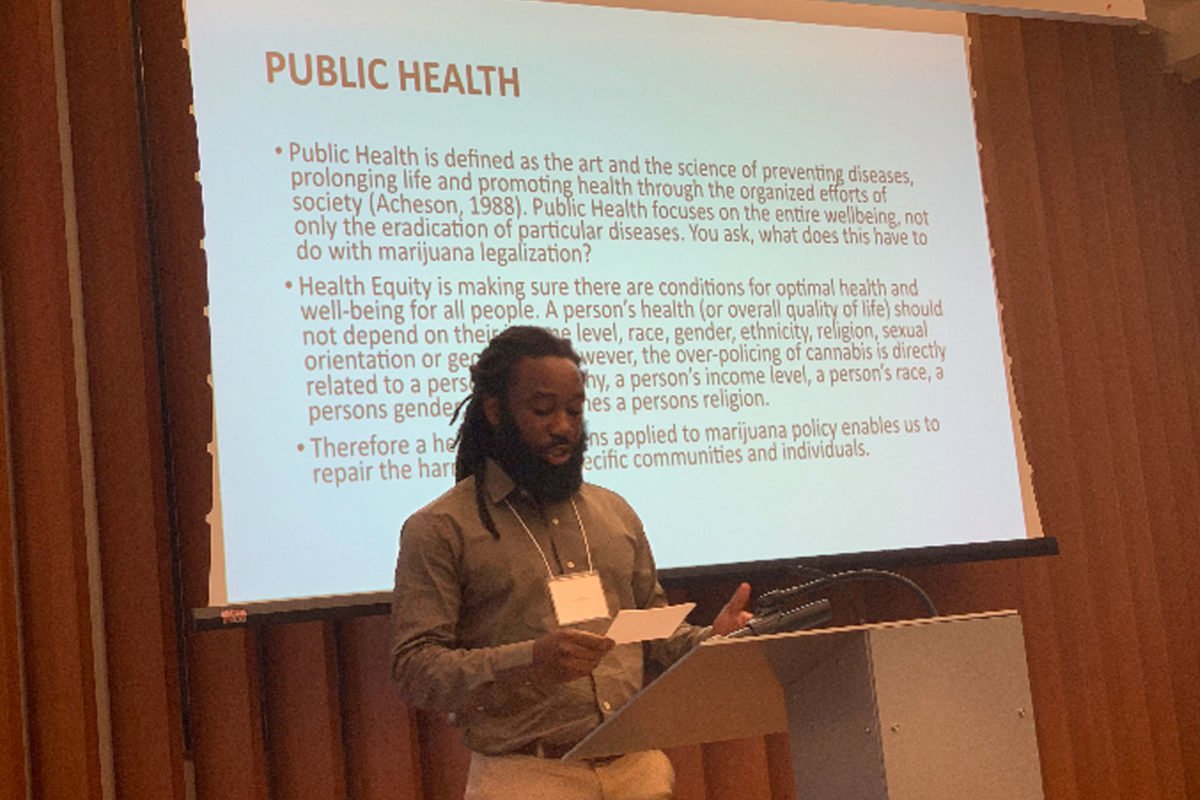
Public Health Fellow presenting research
Public Health Fellowship
The Public Health Curricular Specialization is designed to prepare students for careers in the rapidly changing fields of Public Health, healthcare, and human and social services. Students who complete the seven-course specialization are proficient in the core competencies of Public Health graduate programs, including research design and implementation.

Darrel Isaac ’10, Wellness Advocate, NYC Department of Health and Mental Hygiene
Careers in Public Health and Related Fields
The Public Health Curricular Specialization is designed to prepare students for careers in the rapidly changing fields of Public Health, healthcare, and human and social services. Students who complete the seven-course specialization are proficient in the core competencies of Public Health graduate programs, including research design and implementation.
“BPI students… bring their unique perspectives to the literature in public health and they show every sign that they will be major contributors to health promotion/disease prevention initiatives in the communities to which they will return. These men and women represent the future of public health and the almost endless potential that public health has to transform the lives of the people it touches.”
—Robert Fullilove
Senior Advisor, BPI Public Health Program & Associate Dean and Professor, Columbia University’s Mailman School of Public Health
“It’s incredible that access to a rigorous education in the worst social institution of our time has prepared me to be part of a leading health department, prepared me to face [the COVID crisis] with equanimity, be a stabilizing factor for my family, my children and grandchildren, and the children of other men I was incarcerated with. COVID 19 reveals where the power of a college and community lies.”
—Anibal Cortes ’08
Public Health Fellow ’17
Program Associate, Community Systems, NYC Department of Health and Mental Hygiene
“We’re proud to have BPI as a recruiting partner, as a thought partner, and a partner in the teaching and practice of public health.”
—Mari Carlesimo
Senior Director, Transitions to Community Bureau of Health Promotion for Justice-Impacted Populations, NYC Department of Health and Mental Hygiene
BPI Public Health Curricular Specialization
The Public Health Curricular Specialization represents an opportunity for BPI students to become familiar with the field of public health as an academic subject and provides a foundational set of skills that can be applied in community health, healthcare, and social services careers.
BPI Public Health Specialization Courses
Public health courses can be taken by students at the AA or BA levels as well as by BPI students who have completed the BA and are continuing postgraduate coursework with BPI.
The core competencies and high-level skills cultivation of the Public Health Specialization prepares students for graduate school and future careers in public and community health and affiliated fields such as social work and substance use research and counseling. Students develop the foundations for high-level quantitative and qualitative research, project design, and programmatic intervention expected of emerging professionals in these fields. Students complete the Specialization by taking four required courses and three topical electives.
Required Course of Study
- Introduction to Public Health
- Biostatistics
- Epidemiology
- One Research Methods course
Topical Electives
- Bioethics
- Chronic Diseases
- Ecological Sustainability
- Environmental Health
- Environmental History and Politics Since Silent Spring
- Food Justice and Nutrition
- Food systems and agriculture
- Health Policy and Management
- HIV in Urban Settings
- Infectious Diseases
- Intervention Design
- Introduction to Environmental Health Sciences
- Global Food System
- Global Health
- Medical Anthropology
- Obesity
- Public Health and Food Justice
- Social Context of Mental Health and Illness
- Social Determinants of Health
- Soil, air, water: Environmental exposures and public health
Public Health Fair
Public Health Fairs at Woodbourne and Fishkill Correctional Facilities are in-prison showcases of student research projects attended by BPI faculty and public health professionals. Students receive critical feedback, valuable preparation for graduate school, and are introduced to leaders in the field.
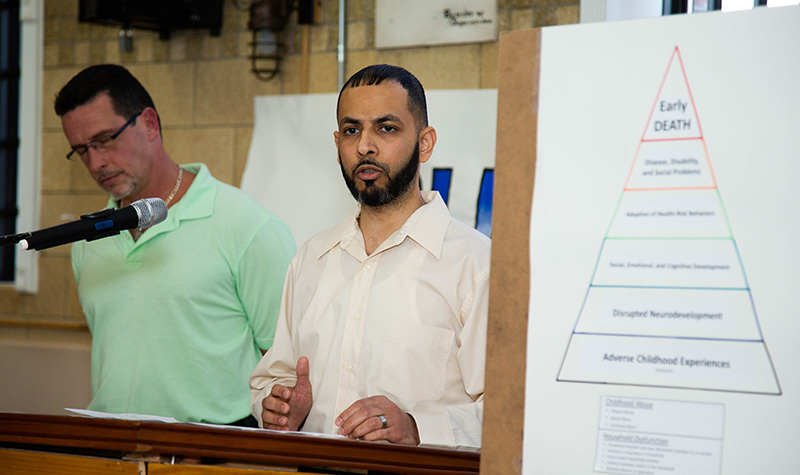
“Mass incarceration has deepened inequalities that have long been organized along lines of race and socioeconomic status in the United States, particularly impacting the well-being of many inner-city communities. I feel the pull and the responsibility to enlist the education that I was fortunate enough to begin with BPI to conduct research that contributes to public knowledge and helps us to understand the ways criminal justice policy affects public health, communities, families, and individual lives.”
—Robert Riggs ’10, Ph.D. candidate, NYU
Urban Farming and Sustainability
Within Public Health, a focus in Urban Farming and Sustainability also spans from in-prison classrooms to community engagement and career trajectories post-release.
At three prisons —Woodbourne, Taconic, and Fishkill — the college has established an organic community garden. At each of these campuses, the college curricula also feature coursework focused on food, farming, and environmental science.
Collectively, this work introduces students to the practical skills and foundational ideas required for engagement in urban farming or the food justice and environmental sustainability fields.
Post-release, alumni who’ve participated in urban farming have gone on to become BPI Public Health Fellows and develop careers at organizations including Grow NYC, Project Eats and as a Farmer’s Market Manager for a county health department.
BPI Public Health Fellow Symposium
During their fellowship year, BPI Public Health Fellows design and conduct original research to develop career and intellectual specialization in the field. Fellows’ project topics are diverse, cutting-edge, and timely, reflecting a wide range of interests.
The annual symposium is attended by faculty of regional universities as well as leaders in government, healthcare, and philanthropy.
Watch the virtual 2021 symposium here.
Careers in Public Health
Alumni are working in health related jobs including:
- Case Managers
- Public Health Advisors
- Health Promoters
- Program Managers
- Harm Reduction Outreach Workers
- Harm Reduction Techs
- Case Workers
- Program Associates
- Wellness Advocates
-
Peer Recovery Specialists
Recent research topics conducted by BPI Public Health Fellows:
2019-20
- Alex Hall ’17 — “The Transitional Housing Paradigm and Practice in Reentry: A Case Study of Addressing the Housing Needs of Long-term Incarcerated Returning Citizens”
- Najet Miah ’18 — “Adolescent Biological Vulnerability and the Public Health Approach to New York State Juvenile Justice Policy Reform”
- Ato Williams ’12 — “An Evidence-based Competency Curriculum for Mental Health Professionals Working with Formerly Incarcerated Clients”
- Patricia Howard ’15 — “A Public Health Approach to Disaster Preparedness and Management”
- Rashaan Brown ’18 — “Identifying, Measuring, and Systematizing What Makes an Effective Community/Street-Level Violence Interrupter, Tasked with Stemming the Spread of Gun Violence”
2018-19
- Joseph Alli ’14 — “First Line of Defense: Expanding Access to Naloxone (Narcan) and Training for Its Use in a NYC Community Experiencing High Rates of Opioid Overdose”
- Vanessa Fields ’16 — “Broken Bonds: Examining the Mental and Behavioral Health Challenges Specific to Children of Incarcerated Women in New York State”
- Floyd Jarvis — “Keeping Black Markets Black: A Social Stratification, Public Health, and Reparative Justice Model for Cannabis Equity in New York City”
- Hancy Maxis ’15 — “A Model for Changing Health Insurance to Save Health Care: The Public Health Impact of Hospital System Ownership of Insurance Firms in New York City and Long Island”
- Joseph Williams ’13 — “Inside-Out: An Anti-Stigma Mental Health Service Program for Bard Prison Initiative Students and Alumni”
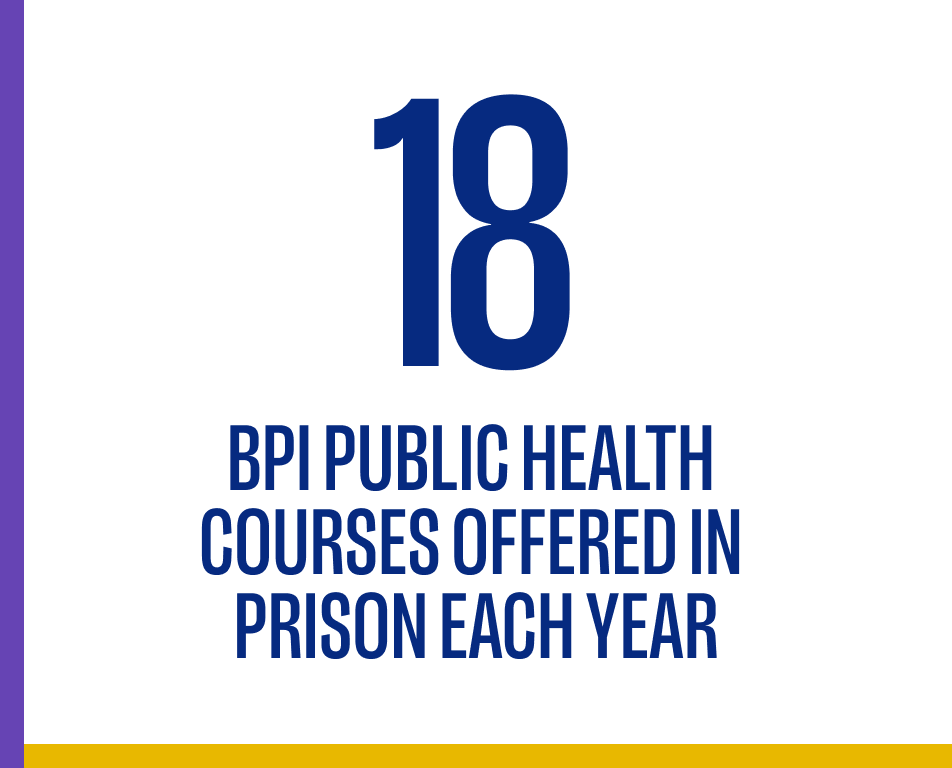
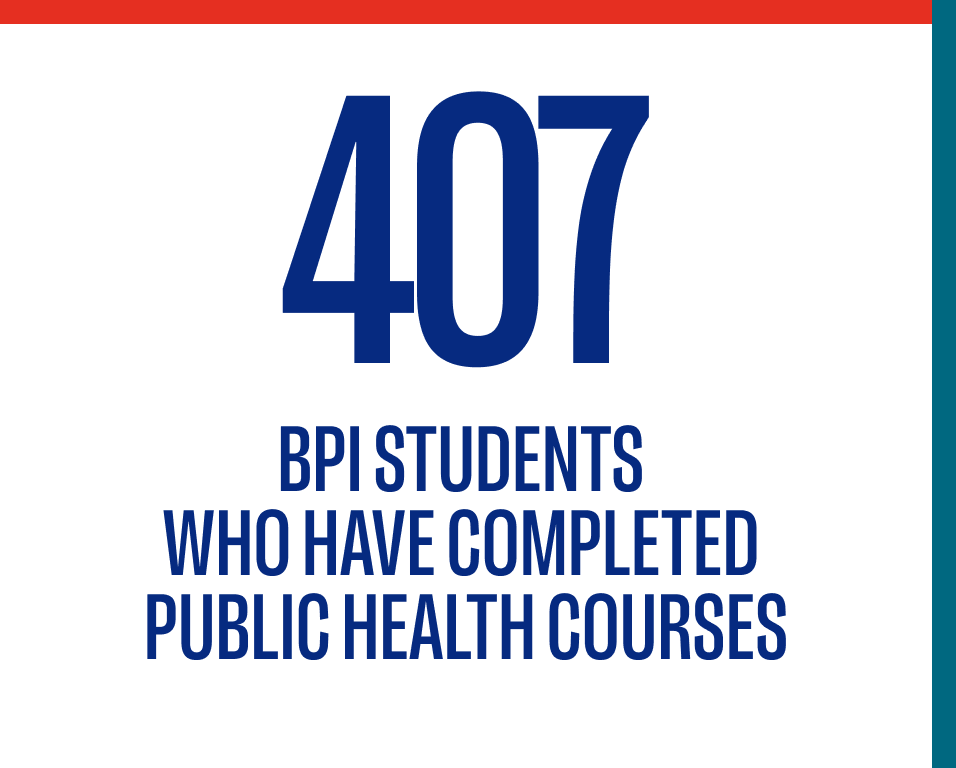
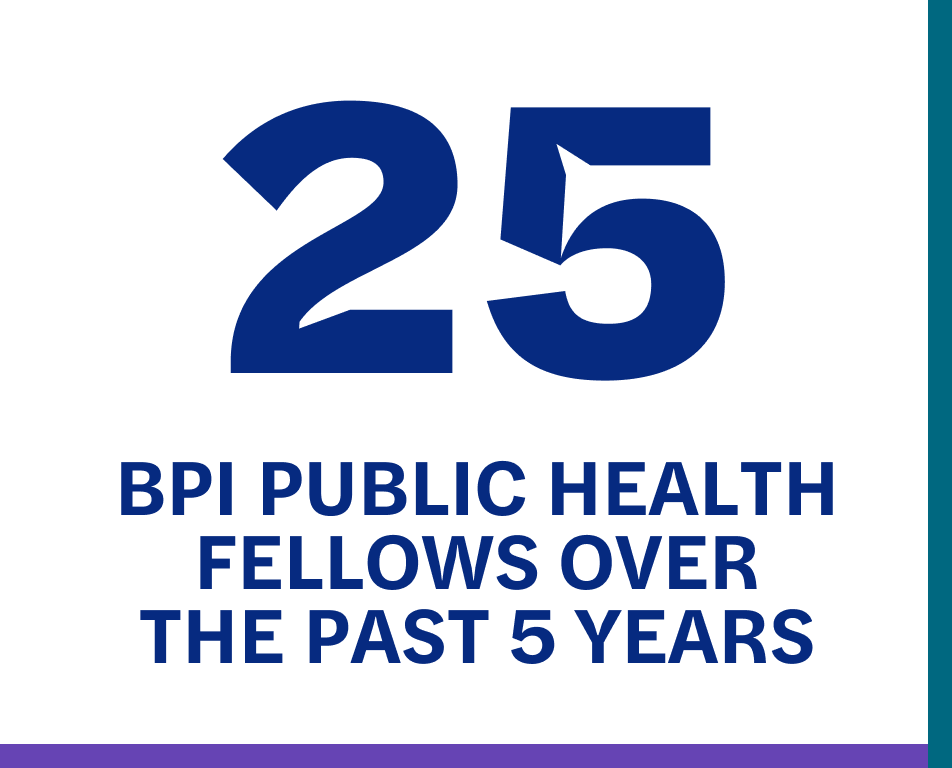
BPI Alumni Building Careers in Public Health
Alumni Chronicles
Check out our short film series of Bard Prison Initiative Public Health Fellows, each of who have come to the fore as voices of experience and leadership in public health across New York City.
Ato Williams ‘12, is a BPI Public Health Fellow and licensed social worker. His work is changing the blueprint of mental health and crisis response in NYC. As Co-Response Team Coordinator at the NYC Department of Health and Mental Hygiene, and as a credible messenger, his work destigmatizes mental health and shows the way toward new alternatives to policing.
Hancy Maxis ‘15 is working in New York’s largest hospital system, Montefiore Medical Center, as a project manager, helping guide the hospital’s response to COVID-19.
Vanessa Fields ’17 is pursuing her MSW at Hunter College and works as a Peer Support Specialist at NADAP, a non-profit organization that provides wraparound services to New Yorkers to support their health, recovery, and full community participation.
